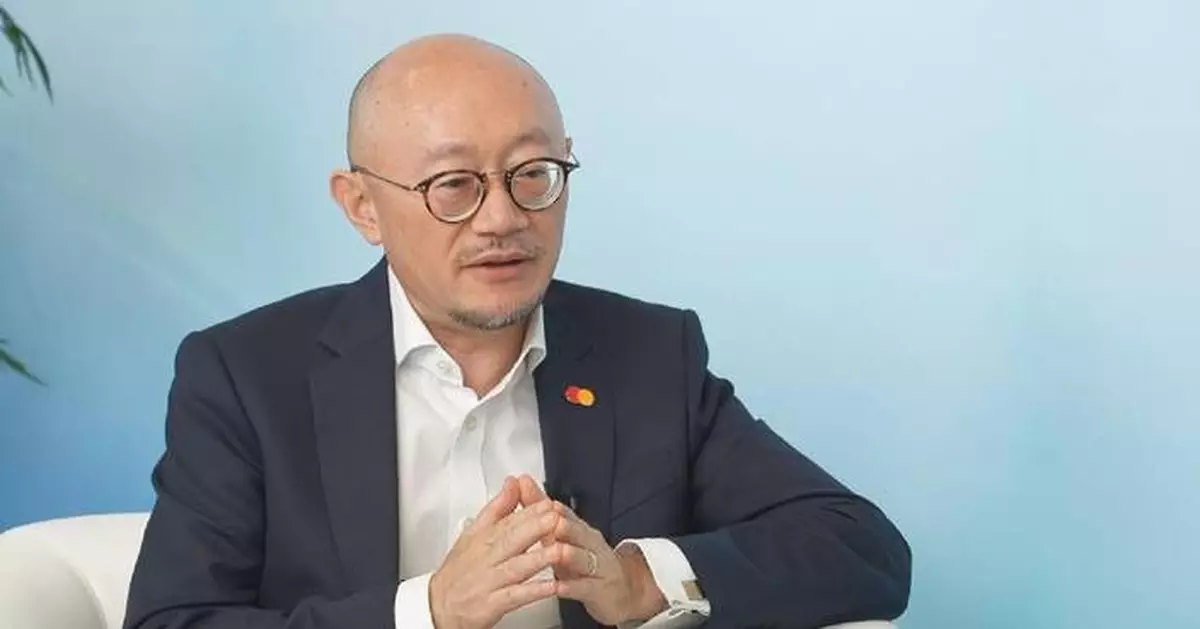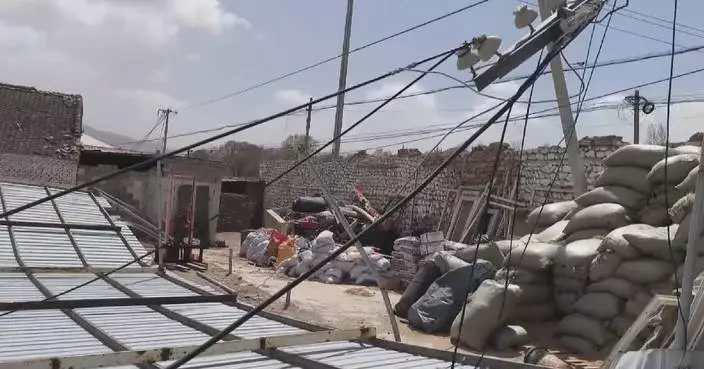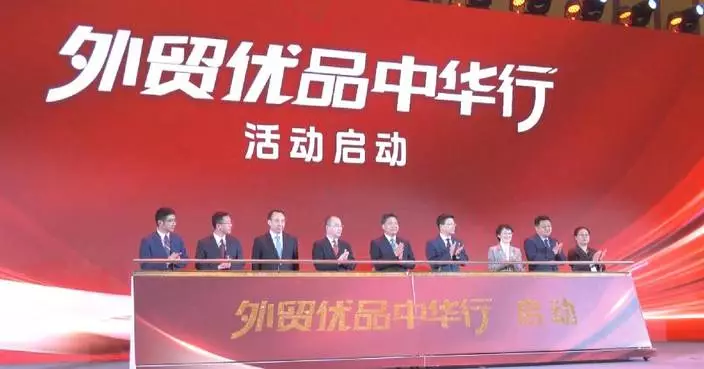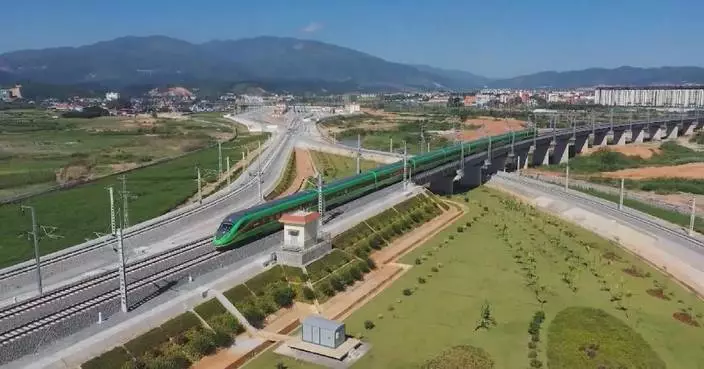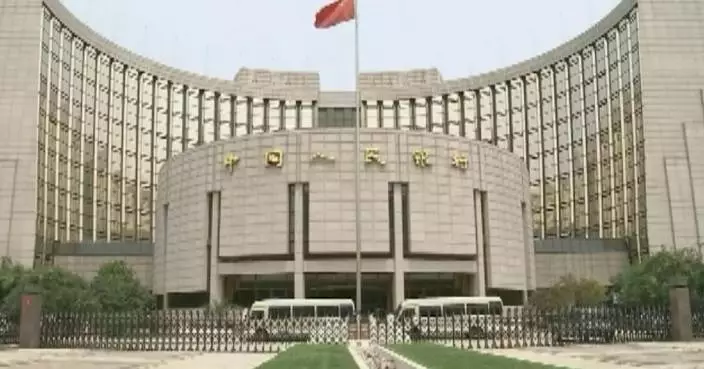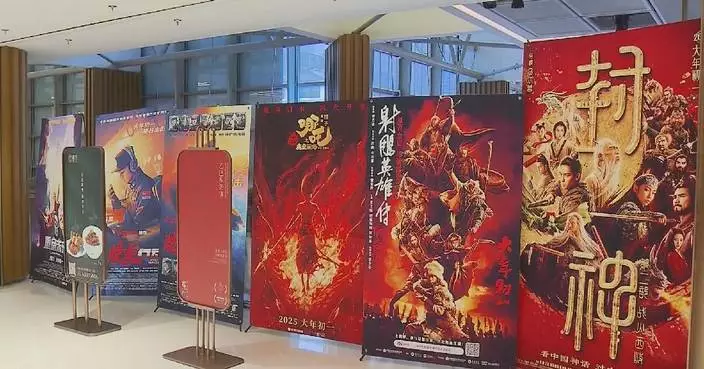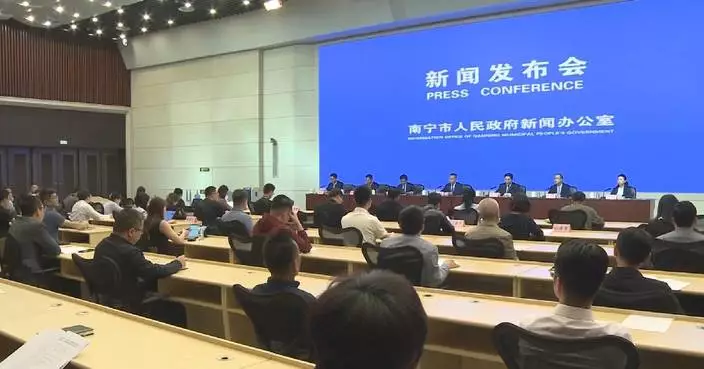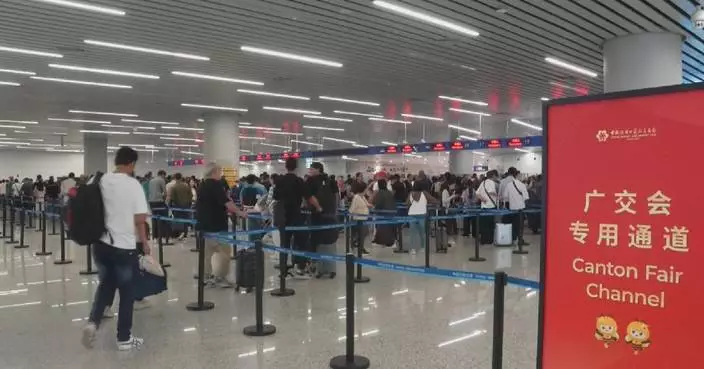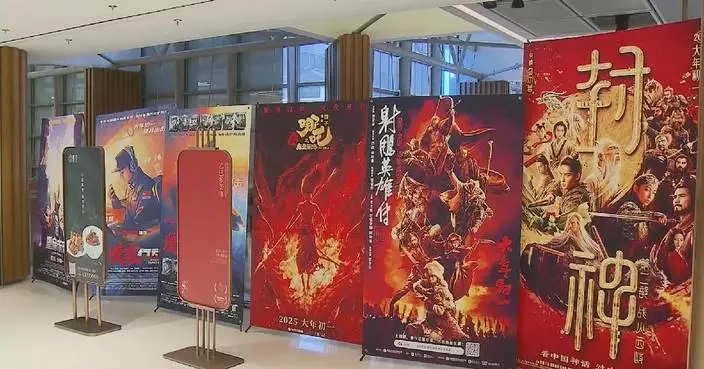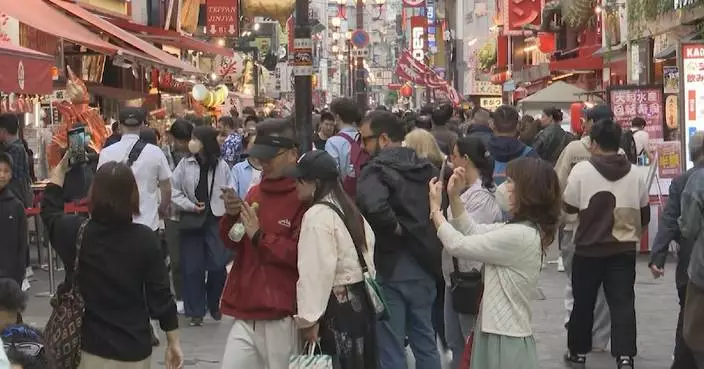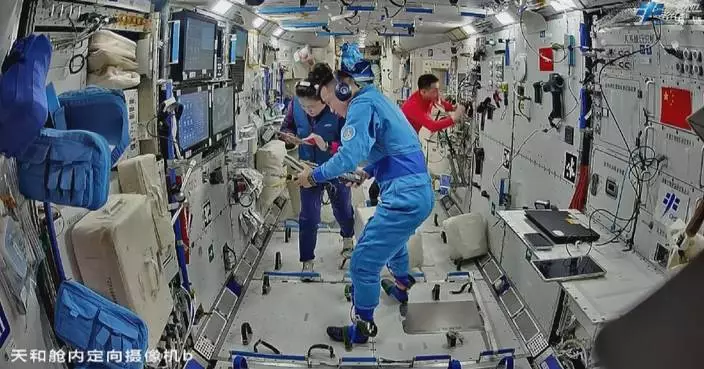Mastercard Greater China President Dennis Chang said Beijing Subway's new "tap to ride" service addresses a key challenge for foreign passengers and improves their experience in the capital, which makes the city a leader in smart transit.
The service allows international travelers to enter subway with just a quick tap of overseas issued bank cards, streamlining the process and making it more convenient than ever.
"This is a major milestone, all the international travelers coming into China, coming into Beijing, can use their overseas issued Mastercard to tap and go across some 10,000 gates at 490 stations in the Beijing subway system and this is simply outstanding, simply awesome. And it showcases how Beijing has become a smart transit city, a leader in the world in the category. It allows consumers to use the payment method that they are most familiar with as an international consumer. And I'm sure there will be more and more Chinese (cities) that (open) up (convenient) payment programs like this," said Chang.
Chang revealed that Mastercard started a program called "pay like a local" in 2023 to assist international travelers in China. Their first step was to connect with China's two biggest digital wallet - Alipay and WeChat. He believes that this is Mastercard's best way to answer the call of the Chinese government in high quality opening up.
Mastercard has doubled down on its acceptance and network expansion in China. As a result, it can not only facilitate inbound tourists but also provides domestic users more flexibility and variety of payment choices.
Looking ahead, Chang expressed Mastercard's commitment to capitalizing on China's efforts towards further digitization.
"I believe China can be a fantastic example of how a society migrates into digitization, advancing to more innovative and more interoperable payment solutions for its citizens, for the society. And this can be a fantastic example for the rest of the world that's going through the different stages of digitization and going into this development of payment ecosystems. And in Mastercard, we want to bring options for all the consumers, we want to bring value to all our business partners. And eventually we believe a global interconnected, interoperable payment solution (that) works for everyone, allows everyone to connect," he said.
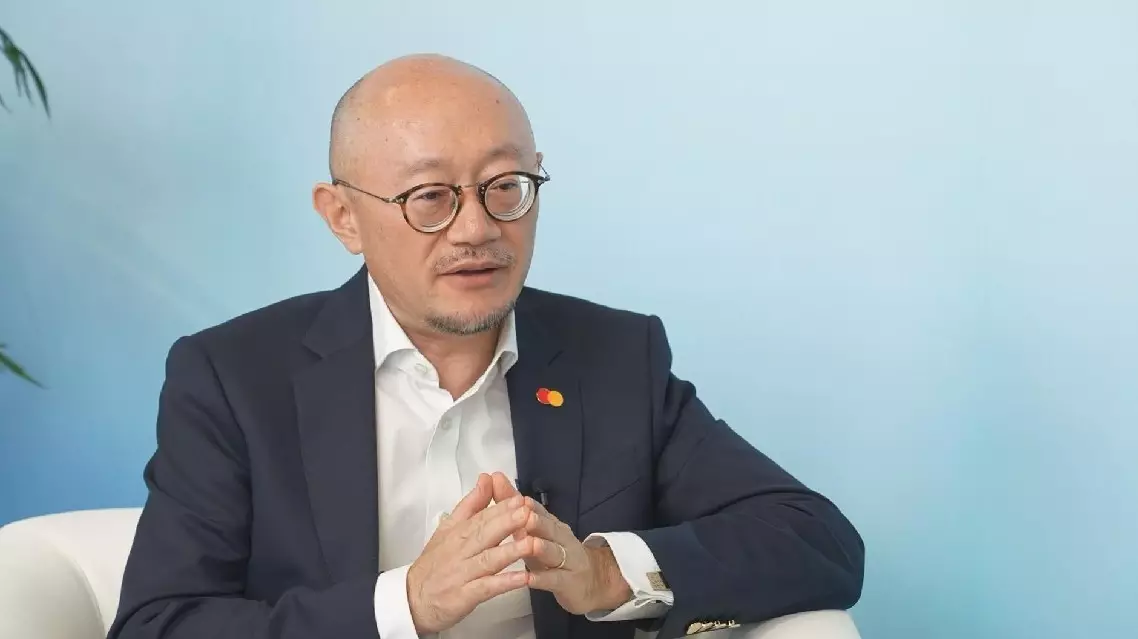
Innovative payment service adopted by Beijing subway facilitates international exchanges, smart transit


